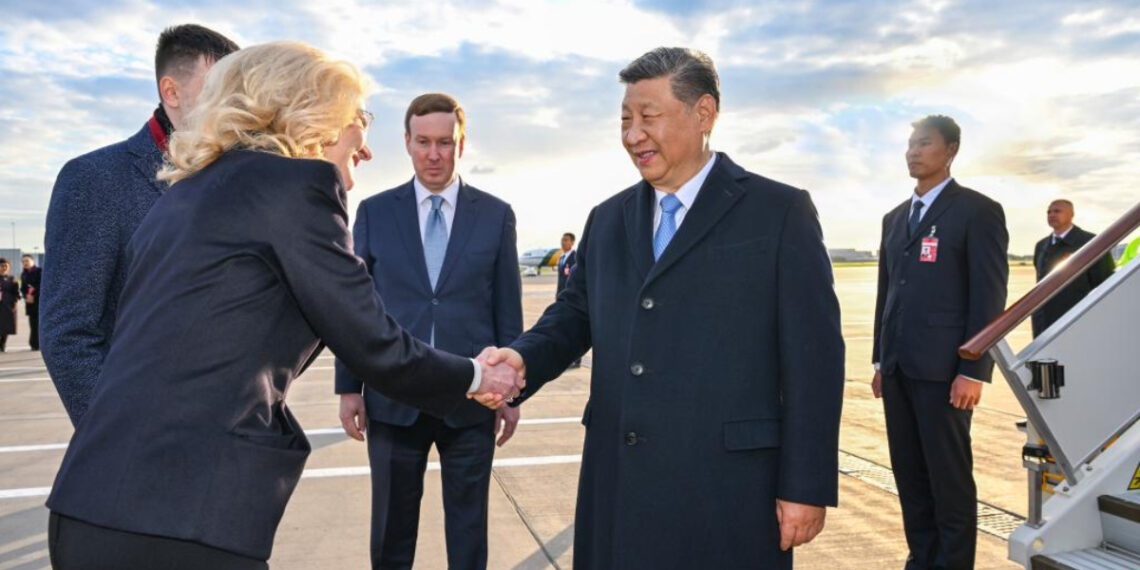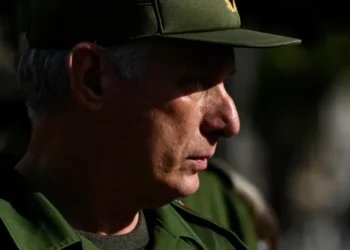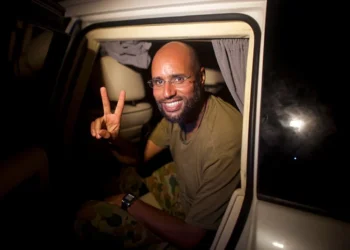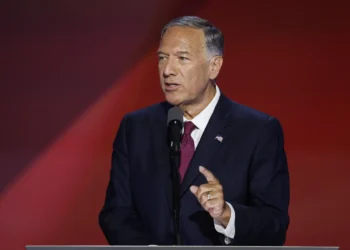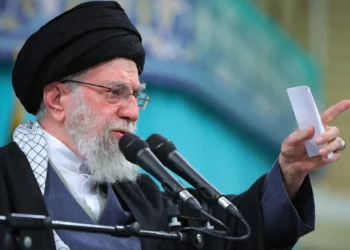MOSCOW (Realist English). Chinese President Xi Jinping arrived in Moscow on May 8 for a state visit commemorating the 80th anniversary of the Allied victory in World War II. Upon his arrival, Xi declared that China and Russia have “found the right path of interaction between two major neighboring powers.”
“We are close neighbors who cannot be separated, true friends in times of joy and hardship, and partners achieving shared success,” Xi said in a written statement, emphasizing what he described as a “spirit of strategic coordination for a new era,” based on permanent friendship, comprehensive strategic engagement, and mutually beneficial cooperation.
Xi noted that the independent, mature, and resilient ties between Beijing and Moscow benefit both nations and contribute to global strategic stability and the development of a multipolar world.
The visit coincides with the 80th anniversary of the end of World War II and the founding of the United Nations. Xi stressed that China and Russia, both permanent members of the UN Security Council, will jointly uphold the post-war international order, reject hegemonism and power politics, and promote a fair and equitable system of global governance.
During the trip, Xi is expected to hold detailed talks with Russian President Vladimir Putin on bilateral relations, practical cooperation, and key international issues. “This visit will inject new momentum into the strategic partnership between our countries,” Xi said.
The Chinese president also underscored the symbolism of his participation in the May 9 Victory Day celebrations in Moscow. “A decade after my last appearance, I return to honor the heroes of the anti-fascist war and reaffirm the global call for justice,” he said.
Xi’s delegation was welcomed at Moscow’s Vnukovo Airport by Russian Deputy Prime Minister Tatyana Golikova and senior officials. His aircraft was escorted by Russian Air Force fighter jets as it entered Russian airspace — a ceremonial gesture underscoring the depth of bilateral ties.
The visit comes amid deepening strategic alignment between China and Russia and persistent tensions with the West. Both governments have openly rejected unipolar models of global leadership, advocating instead for national sovereignty, multipolarity, and the defense of international law.


